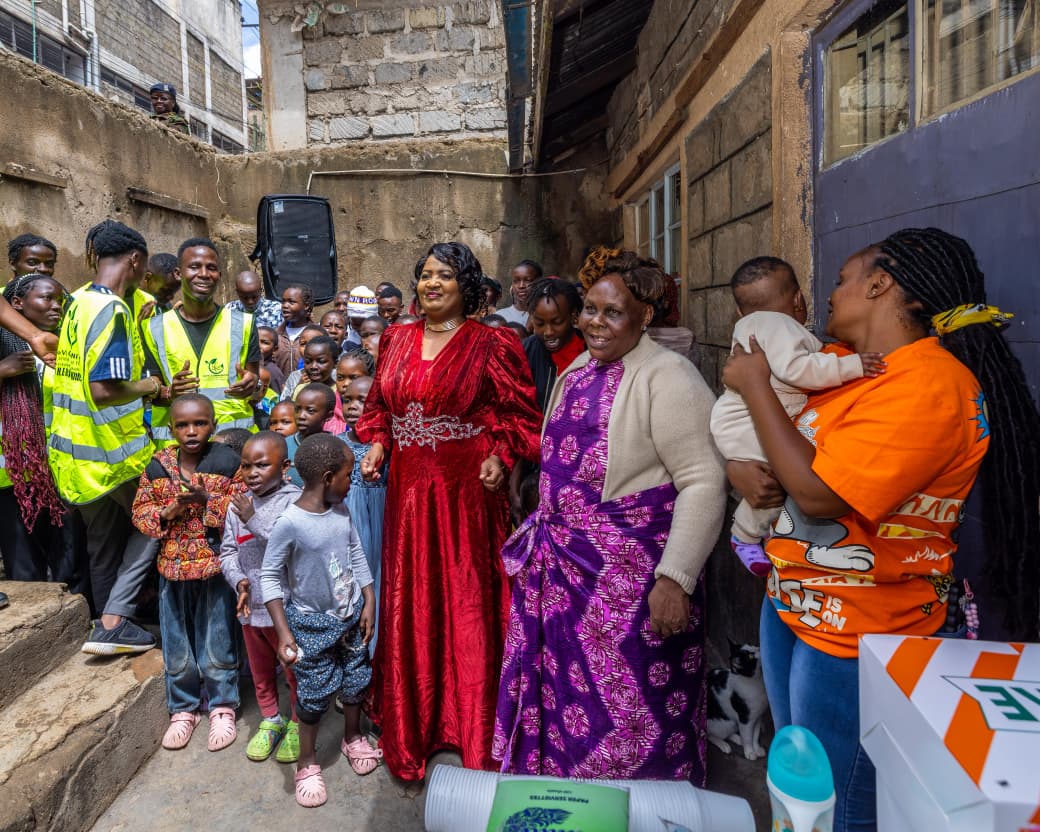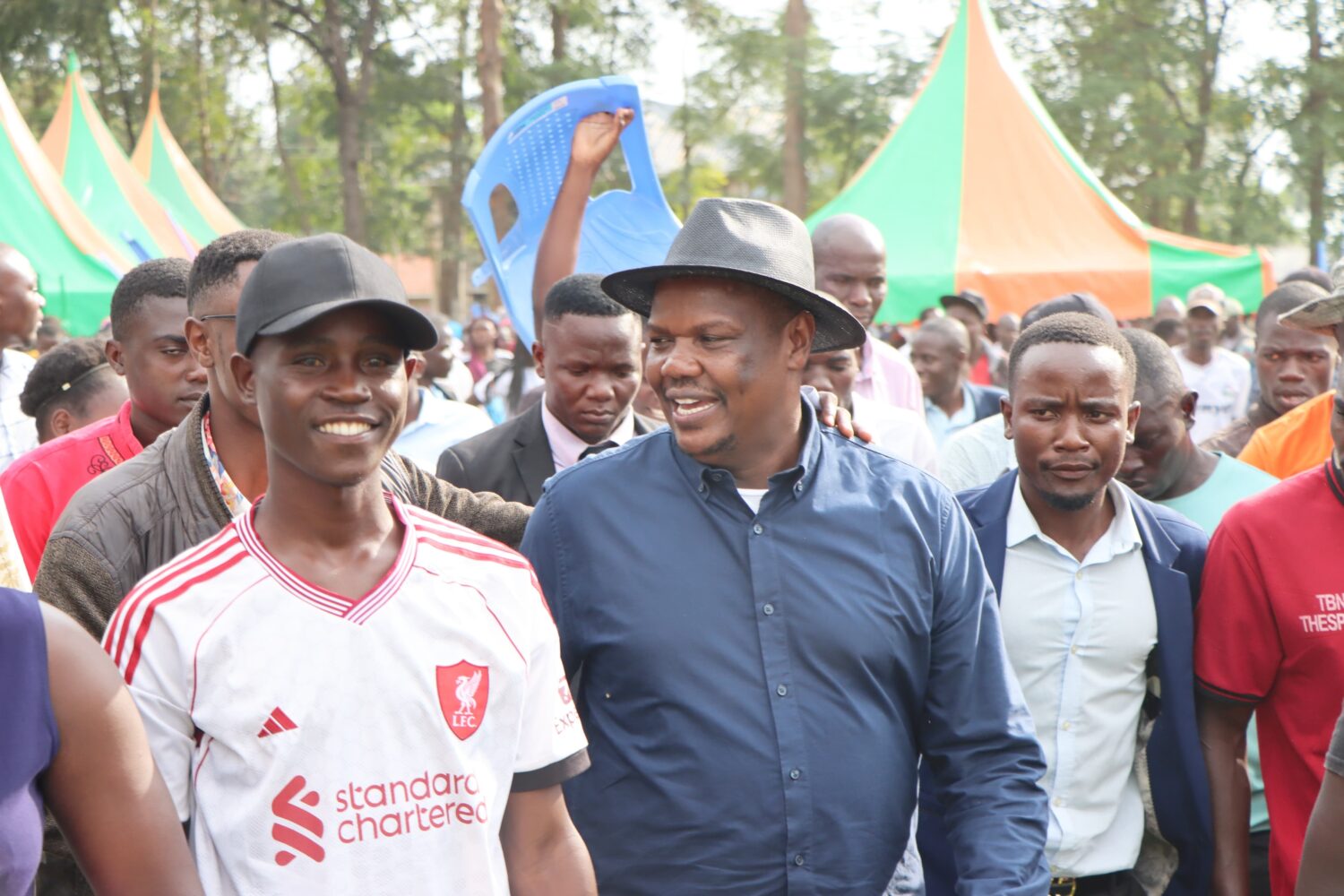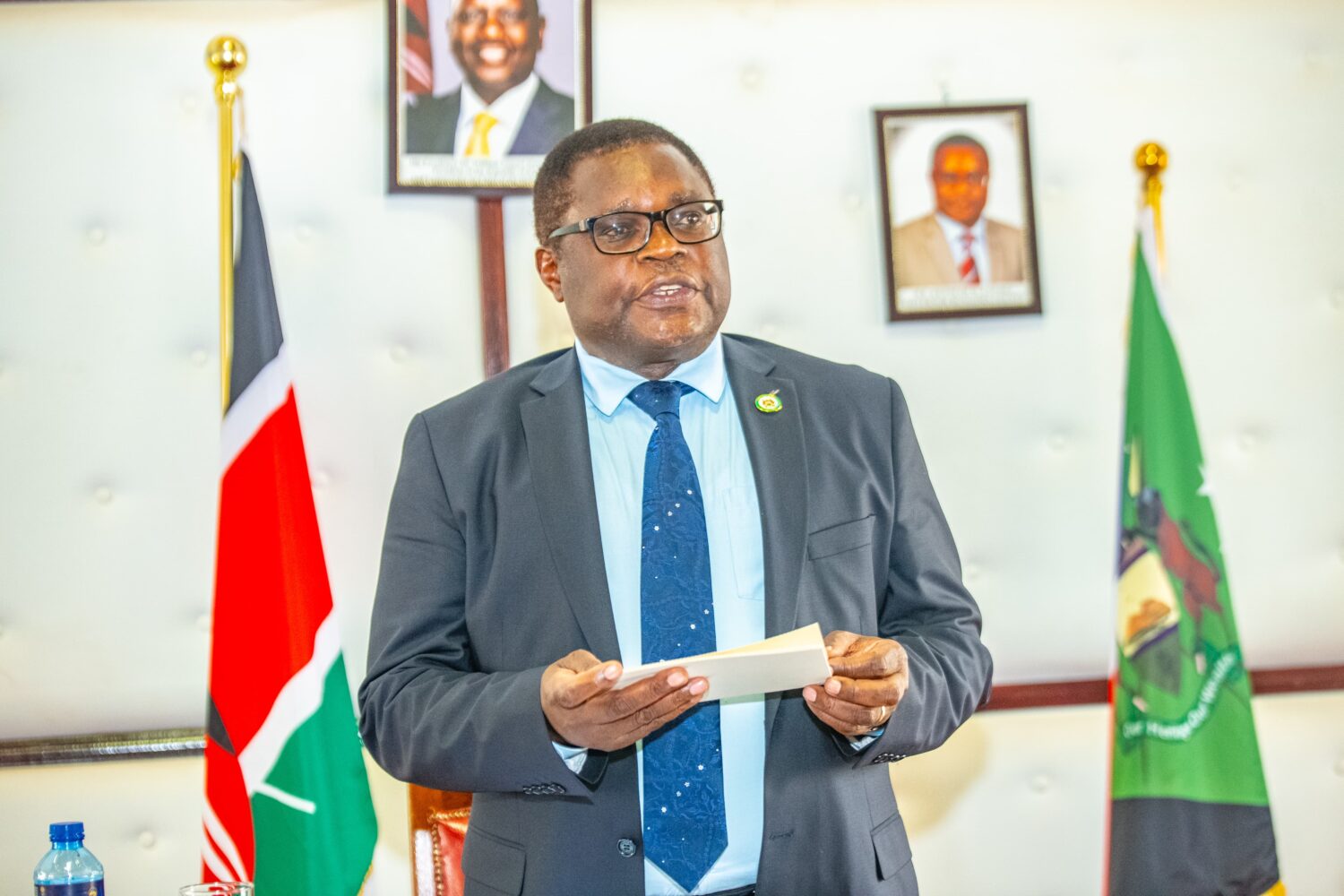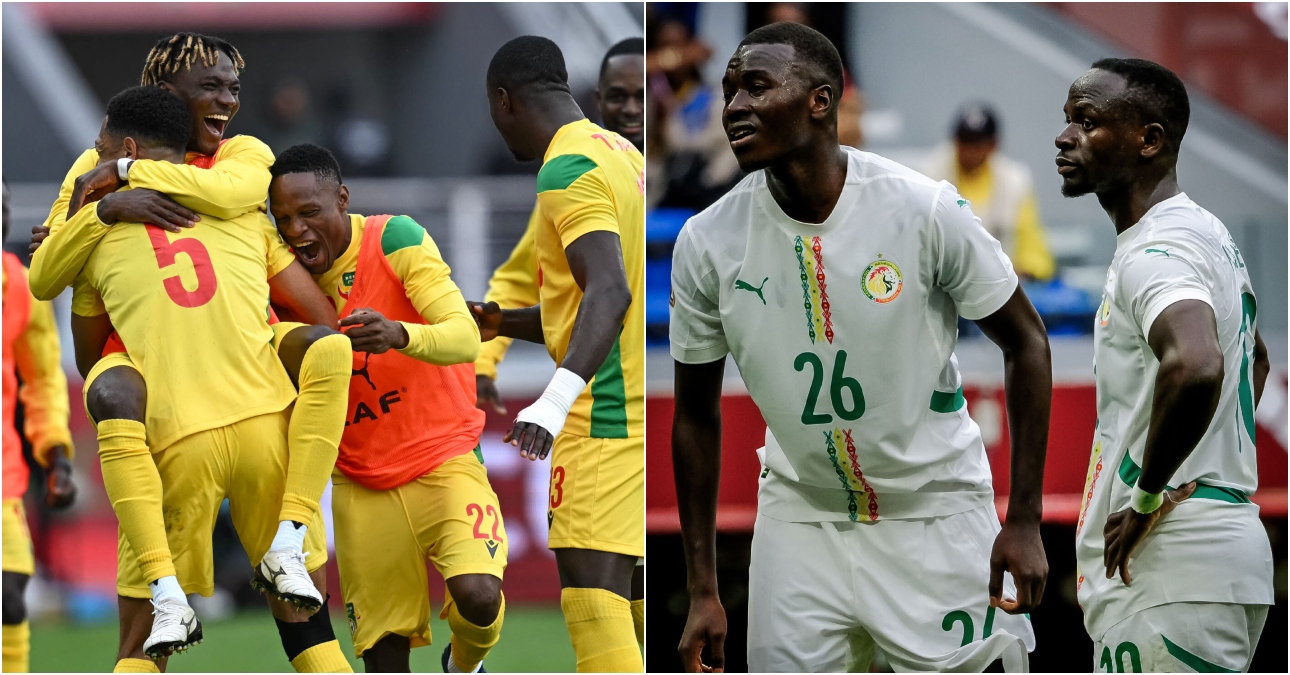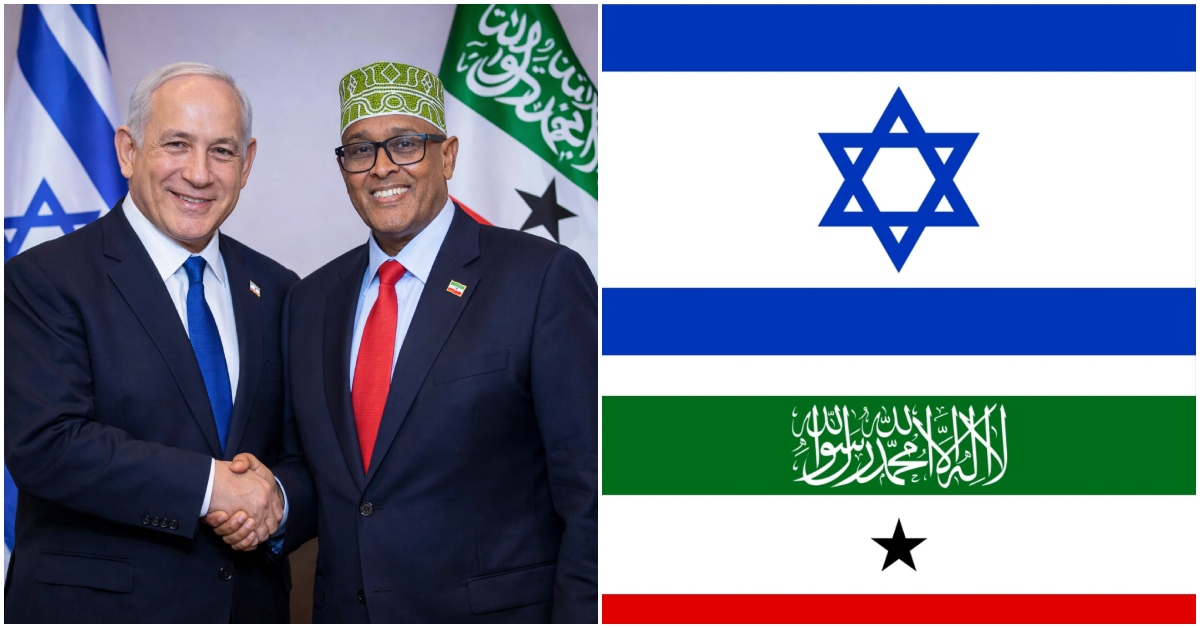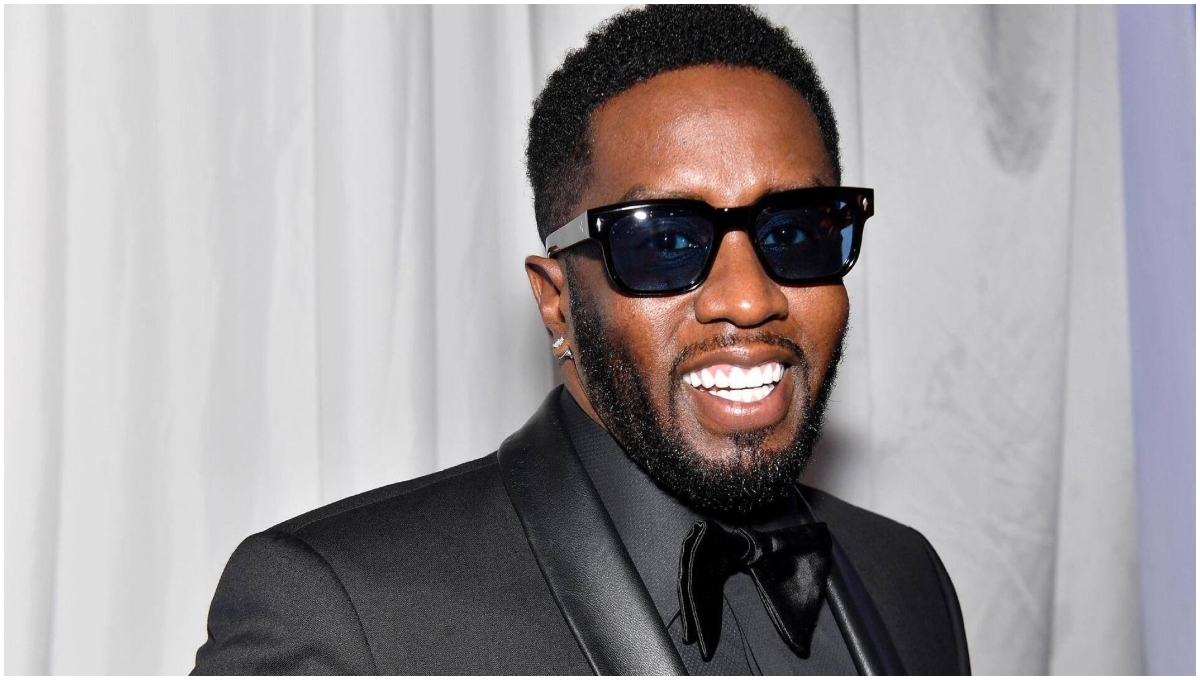On 3rd December 2024, the world commemorated the International Day of Persons with Disabilities (IDPD).
Did you know that an estimated 1.3 billion people experience significant disability? This represents 16% of the world’s population, or 1 in 6 of us.
The IDPD is celebrated every year on 3 December, and the day is meant to promote the rights and well-being of persons with disabilities at every level of society and development, and to raise awareness of the situation of persons with disabilities in all aspects of political, social, economic, and cultural life.
Here on TV47, we decided to celebrate Samson Atodonyang, a renowned man living with disability in Senetwo location, Chepareria ward, West Pokot County. Despite his predicament, Atodonyang has turned out to be a farmer extraordinaire.
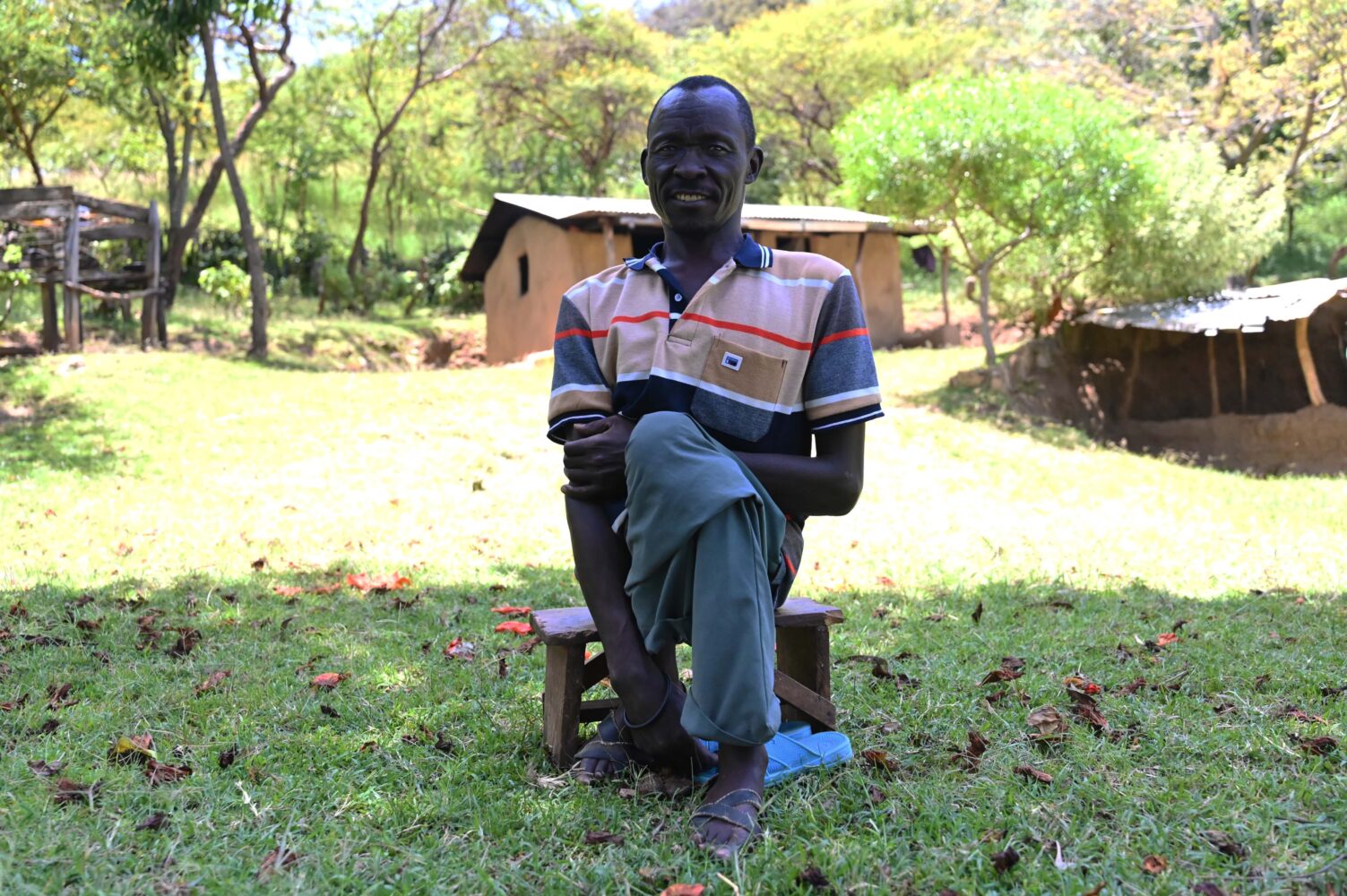
Our reporter Andrew Juma sat with Atodonyang and his family…
Samson Atodonyang, a renowned man living with disability in Senetwo location, Chepareria ward, West Pokot County. Despite his predicament, Atodonyang has turned out to be a farmer extraordinaire.
Atodonyang is a happy man who didn’t is not ashamed of his situation despite having been infected with Polio, a disabling viral disease that affected his limbs at the age of Seven (7). In spite of his situation he does provide for the family.
Through the support of World Vision Samson engaged a low-cost sustainable land restoration technique that depends on active management of bushlands, tree stumps or seeds that have self-germinated from the soil, allowing them to grow into productive trees to change his life, provide for the family and even encouraging neighbours to follow his foot steps which has not only brought him joy, but made him a respected member of the community and a role model to those who feel challenged.
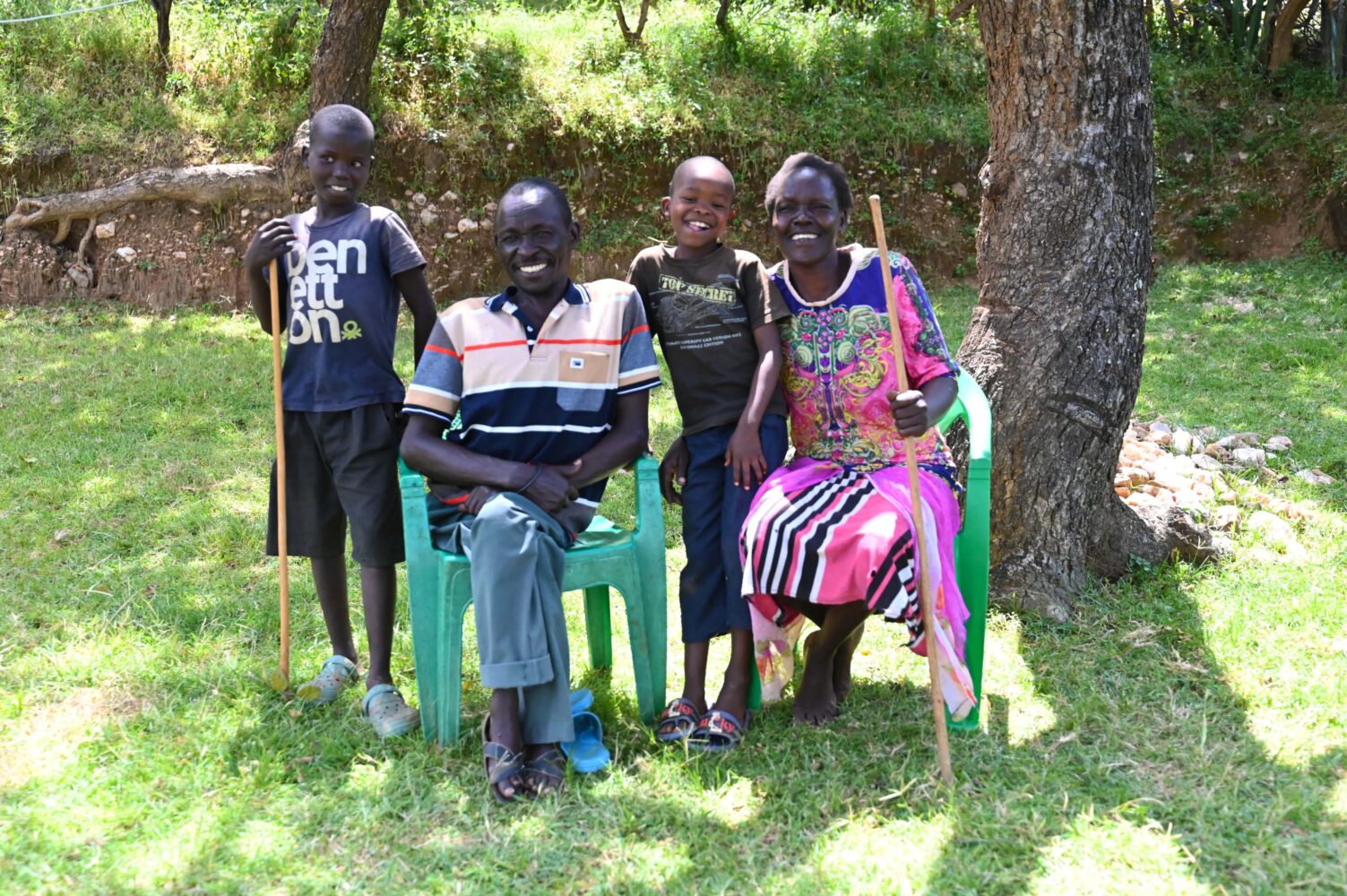
Through income gained from selling their farm produce, Samson and his wife Pauline have been able to support their family, narrating to us how this world vision supported program has benefitted them helping them attain maximum benefits.
According to Atodonyang, living with disability is the most challenging aspect in life, especially in remote areas of West Pokot County and during dry seasons because you constantly have to rely on other people to help you when searching for water or pasture for your livestock.
According to Titus Kimono a project officer at World Vision, Atodonyang has not just made this project successful but also, attracted other farmers in joining him which translates to a true definition of resilience.
“As World Vision we are happy for him even as the world marks international day of the people with disabilities, his efforts has not only attracted people from his village and around him, but also people from far.” said Kimono.
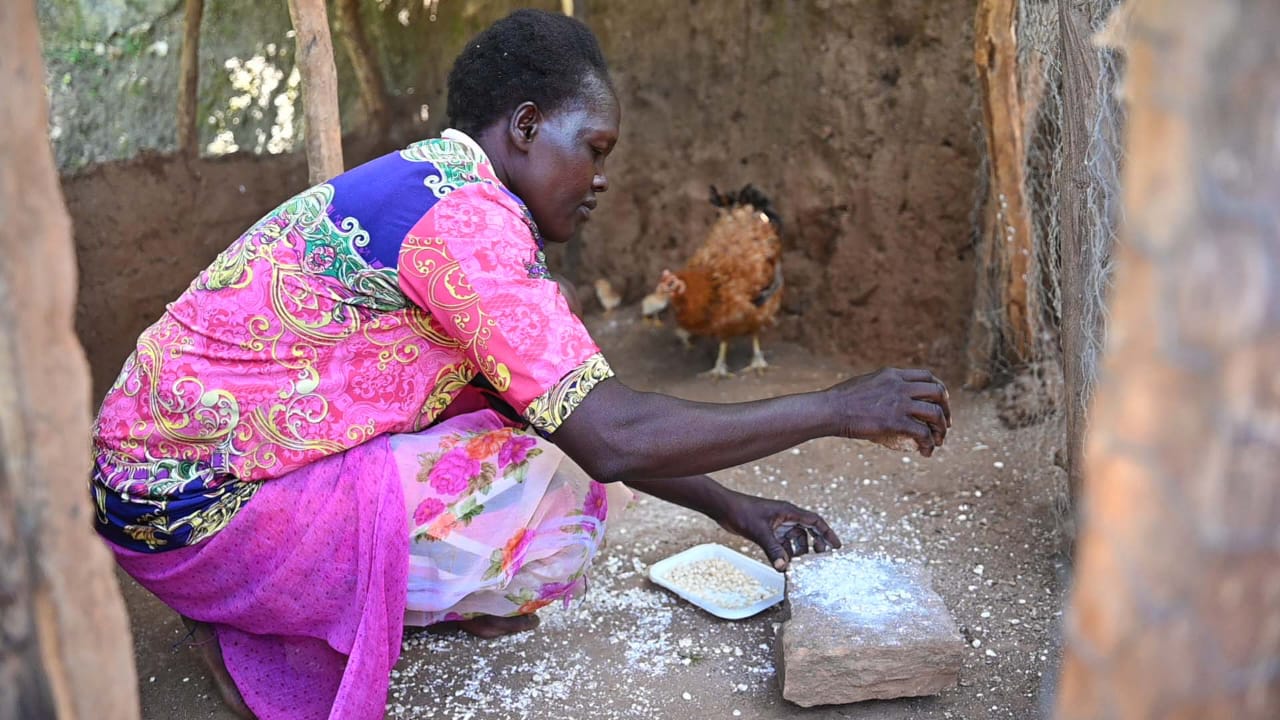
Atodonyang’s extra ordinary efforts has not just been applauded by World Vision but also West Pokot County government which recognised his efforts saying in a bid to mitigate effects of climate change, Atodonyang has gone exrta miles to embrace a low cost land restoration technique which majorly focuses on conserving the environment.
An empowered Atodonyang
“As the county government of West Pokot through the department of water and Natural resources we really encourage farmers to embrace this, we also Appreciate world vision for having supported more than five hundred farmers through this project, therefore we will encourage more farmers to engage such programmes by supporting them whenever the need arises inorder to ensure that our county is food secure not just for human consumption but also our livestock” Said Kariwo kenneth a Natural Resource Management officer, County government of West Pokot, Department of water, environment, natural resource and climate change.
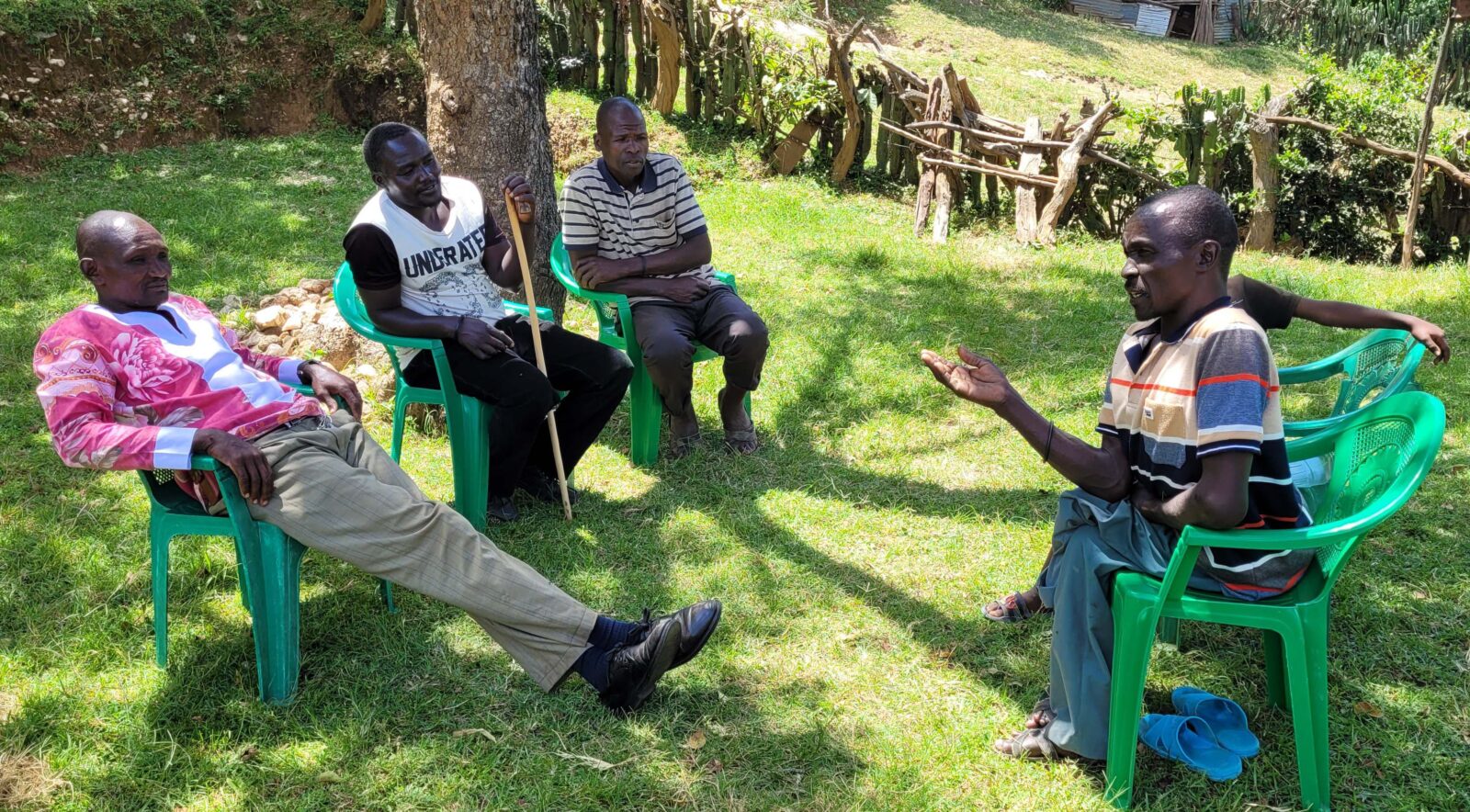
Through income gained from selling their farm produce, Atodonyang and his wife Pauline have been able to effortlessly support and educate their seven children, three of whom are in college. They have embraced working together to attain the maximum benefits from FMNR to sustain their livelihoods.
Speaking to TV47 during a site visit in Senetwo, Titus Kimono, a project officer at World Vision said Atodonyang has attracted other farmers in joining him which translates to a true definition of resilience.
“As World Vision we are happy for him even as the world marks international day of the people with disabilities, his efforts has not only attracted people from his village and around him, but also people from far.” said Kimono.
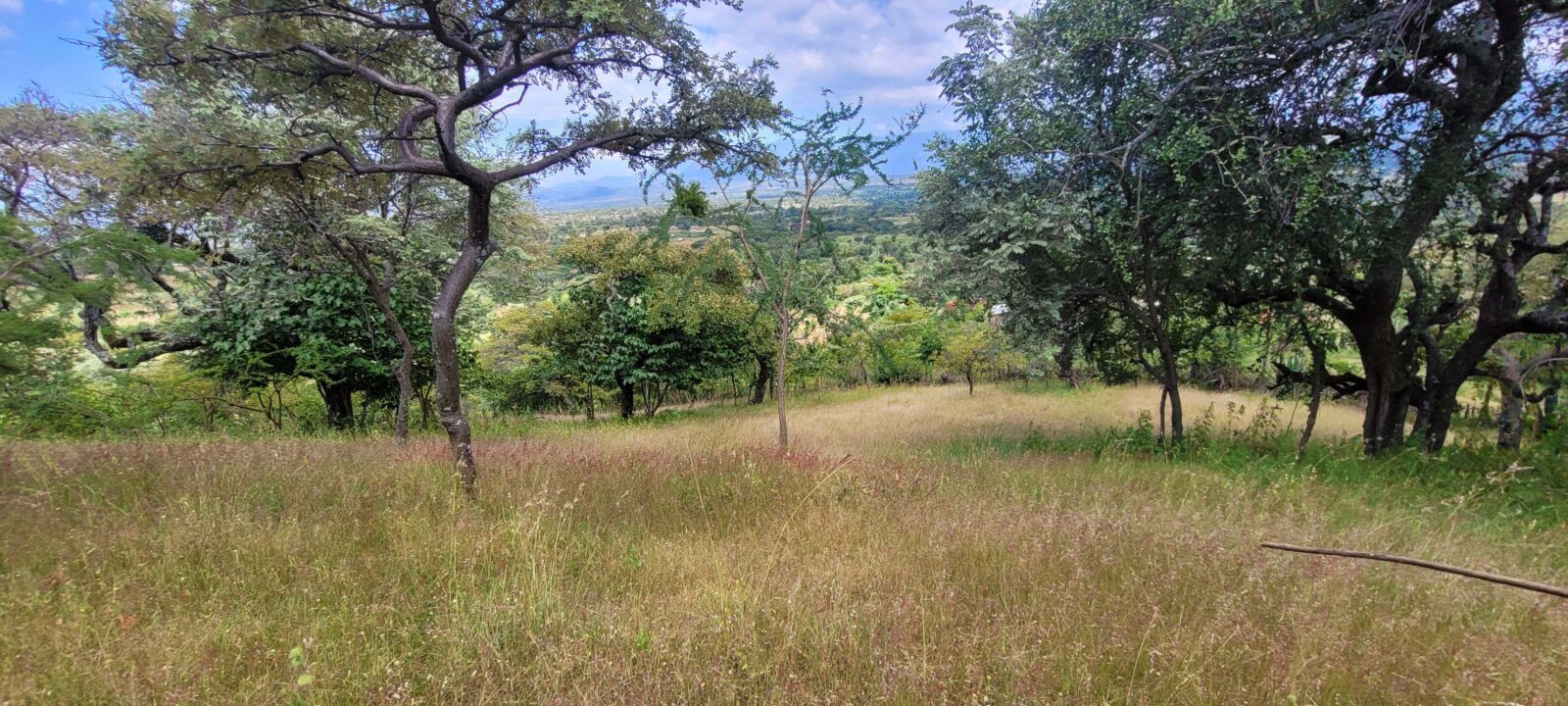
Atodonyang’s wife Pauline Atodonyang on her part said through the initiative they have been able to educate their children, provide for them and something that seemed to be a challenge for them some years back before World Vision came for their rescue.
“Allow me take this opportunity to thank World Vision for coming through. My husband is physically challenged, he couldn’t provide for me and our 7 children, now iam a happy woman, we have utilised our land which was dry and Could not support farming, through the pasture we can feed our livestock which in return gives us milk and meat which we can sell and get money” Said Pauline.
Atodonyang looks forward to harvesting his regenerated Terminalia brownii trees, locally known as Koloswo, upon maturity and selling them as timber.
World Vision’s CRIFSUP project, seeks to ensure that it takes into consideration the participation of women, men, boys, girls and PWDs. The project is also encouraging joint participation of men and women in FMNR activities and decision-making at the household level to enable women’s voices count on matters pertaining income generation, family welfare and utilisation of household resources.



